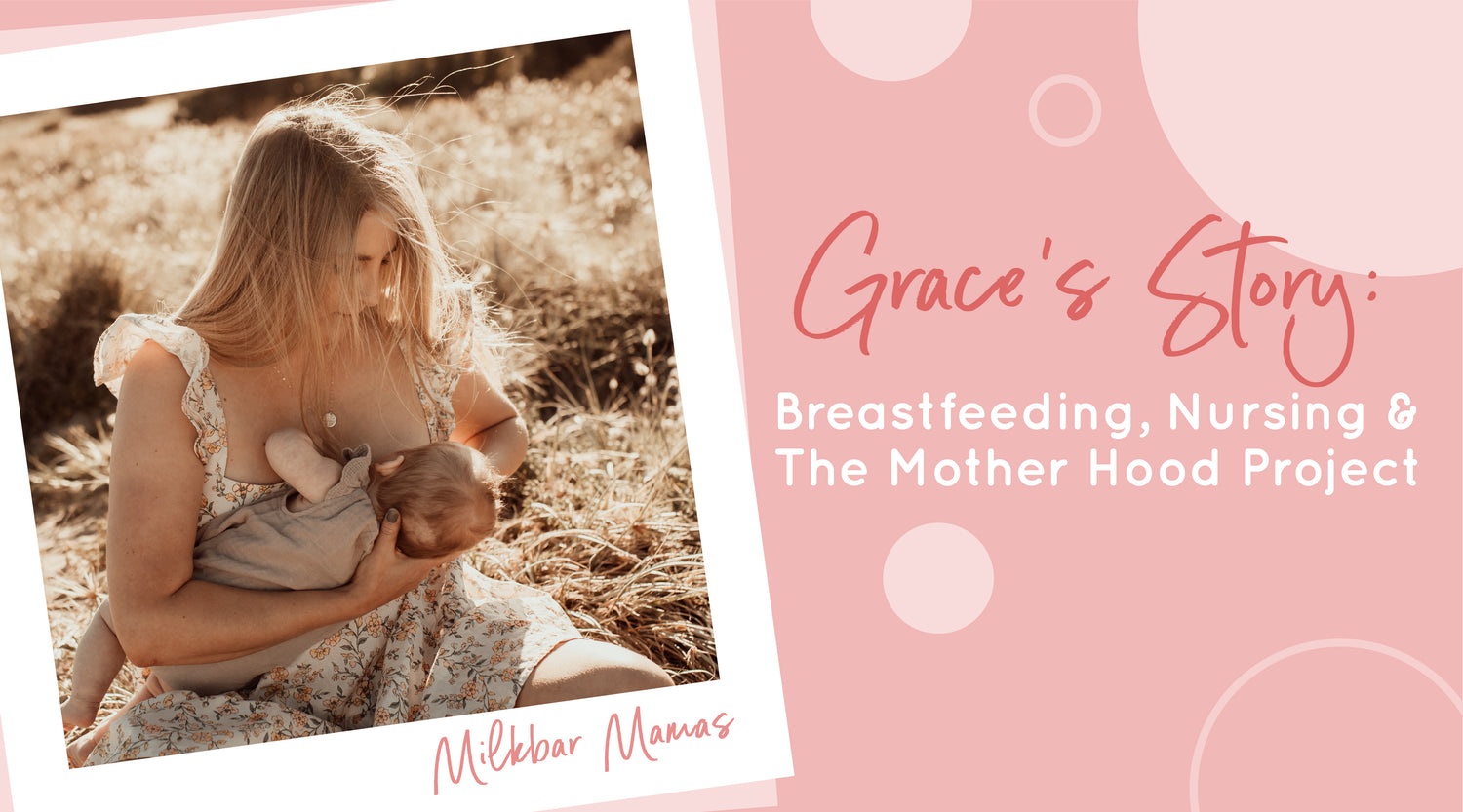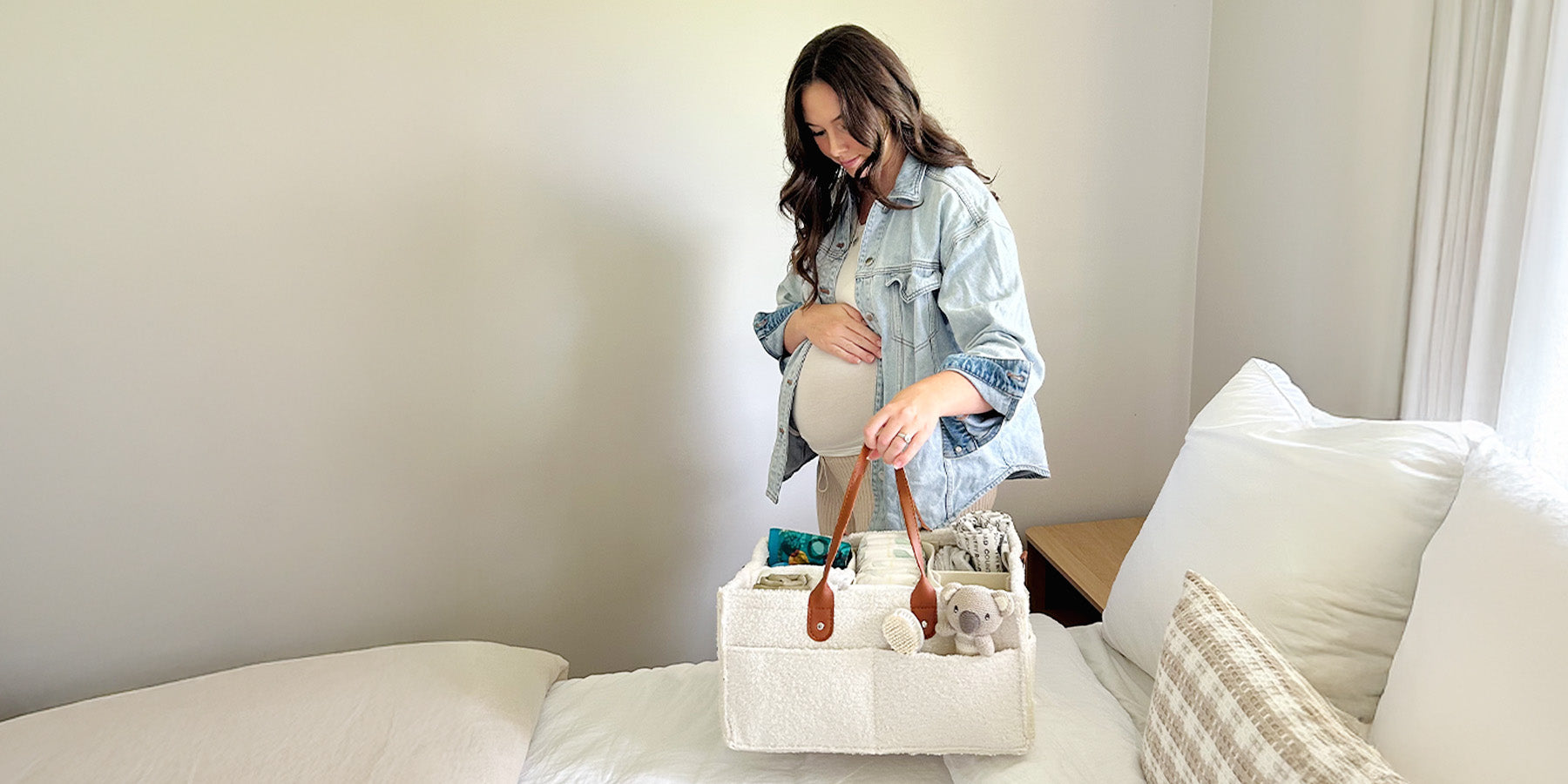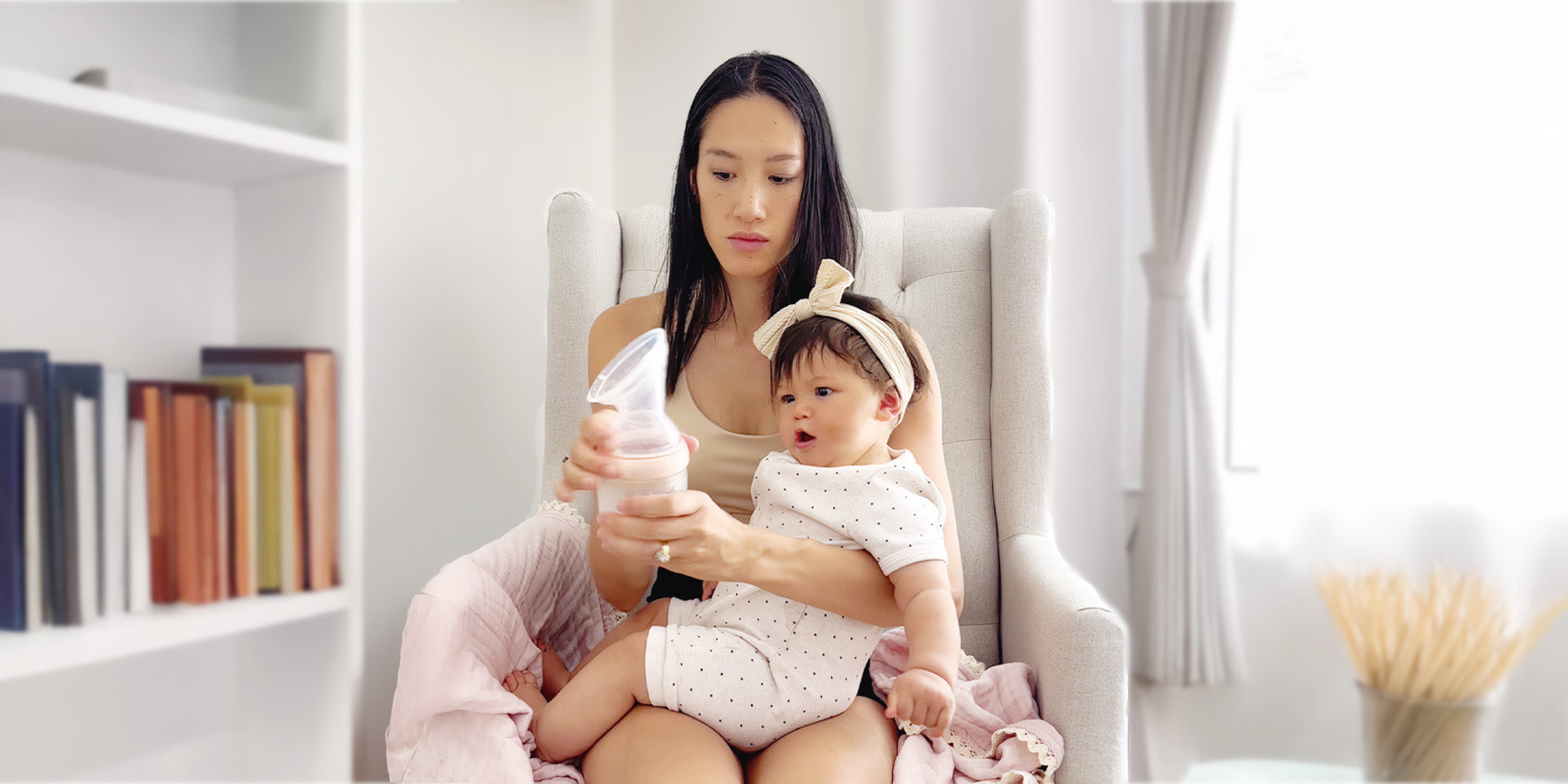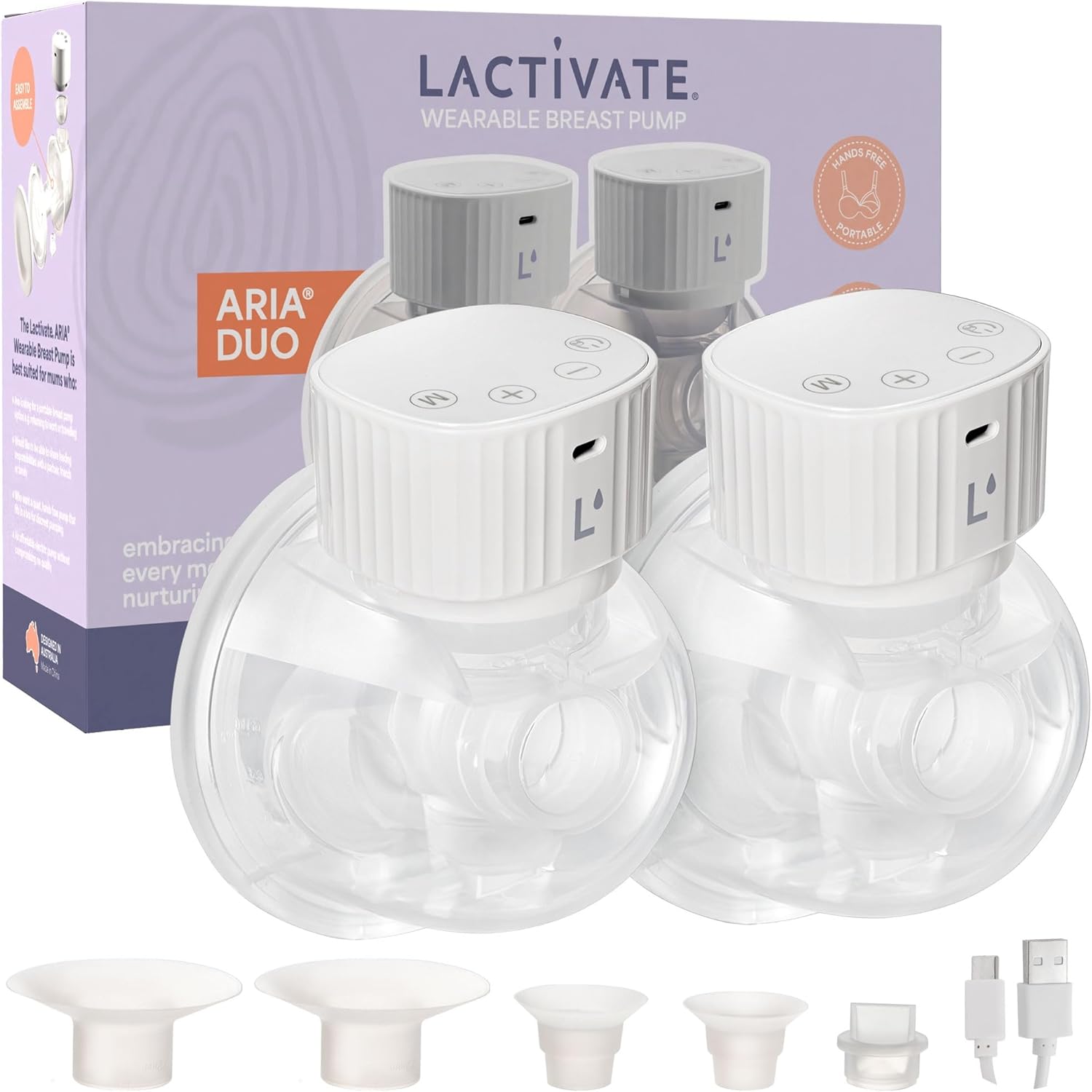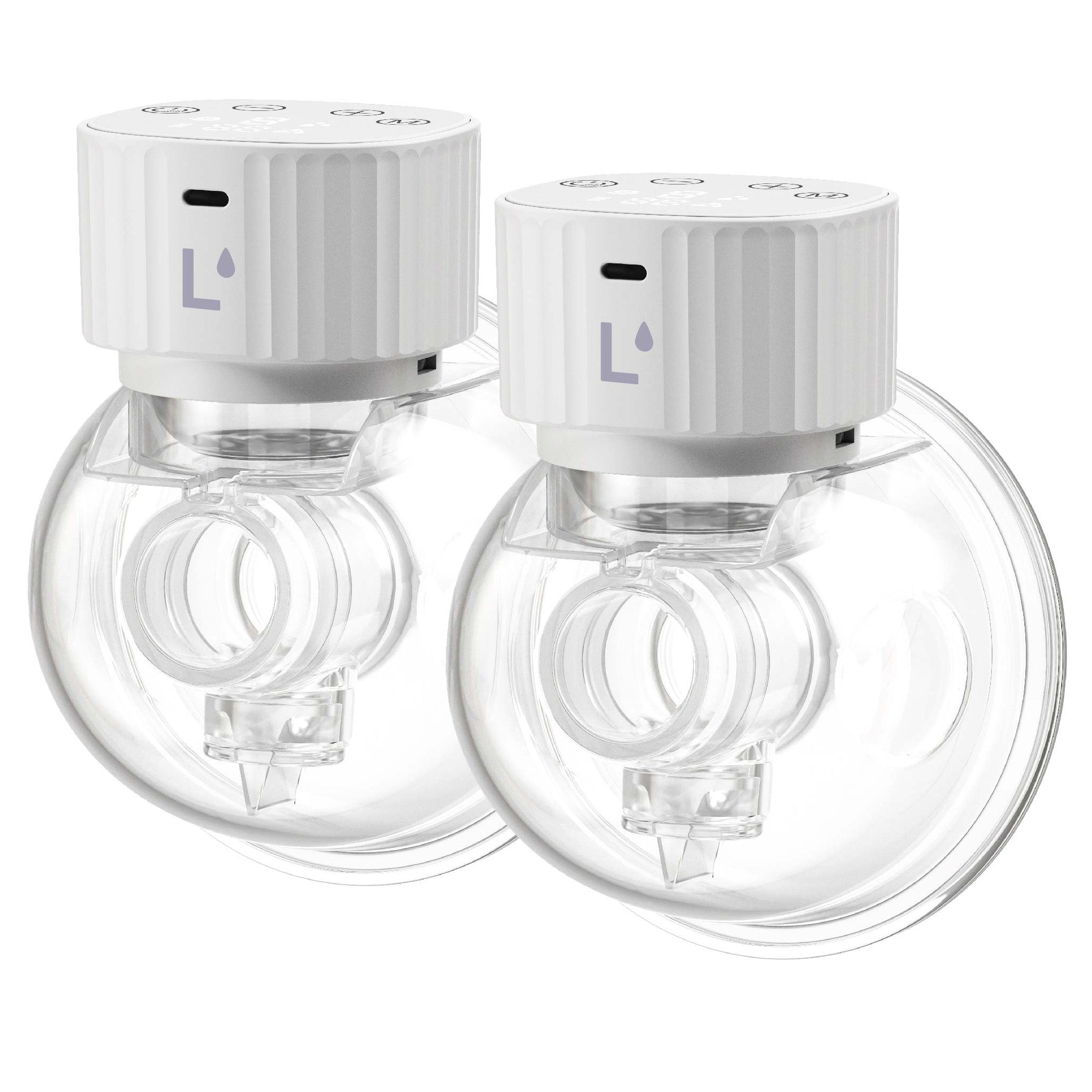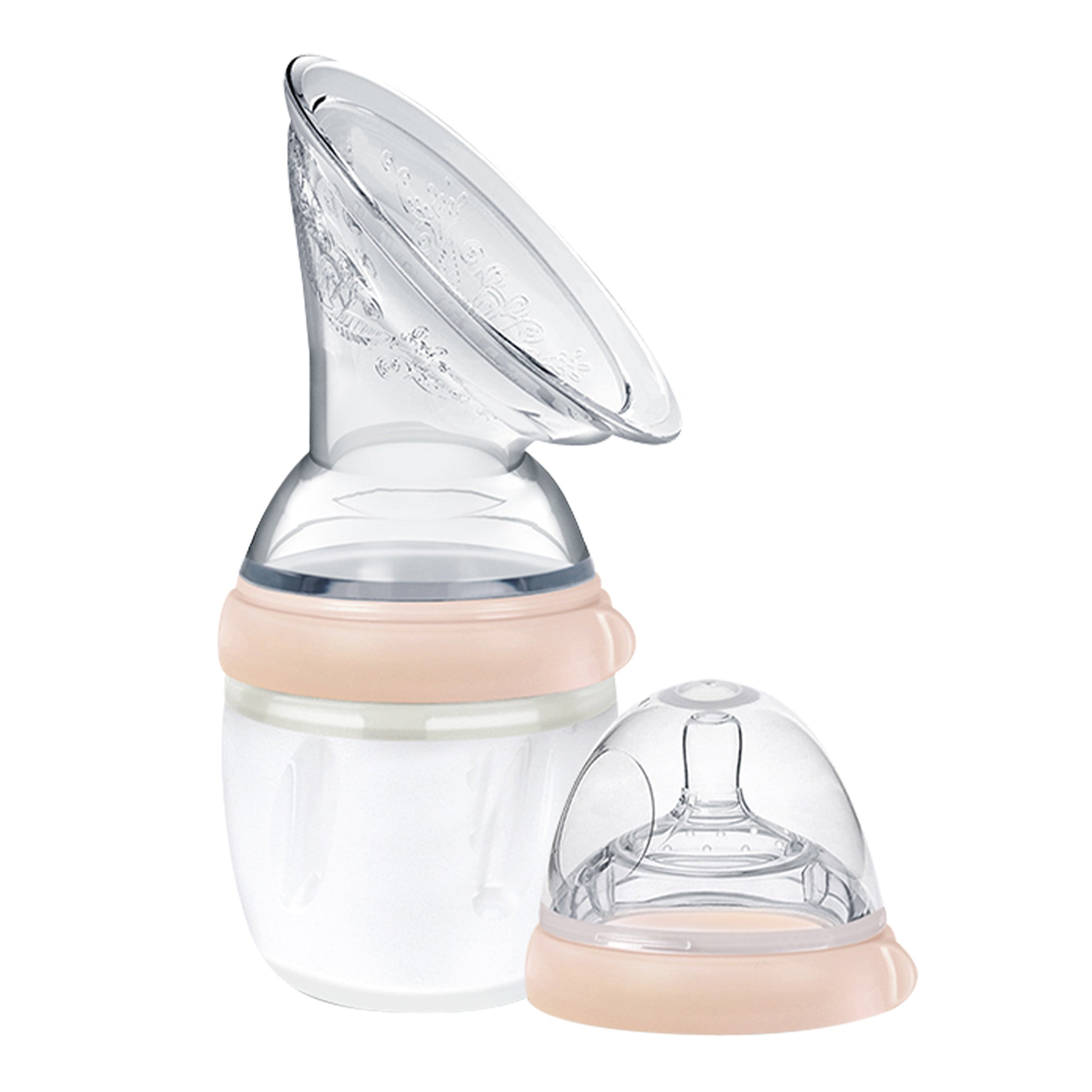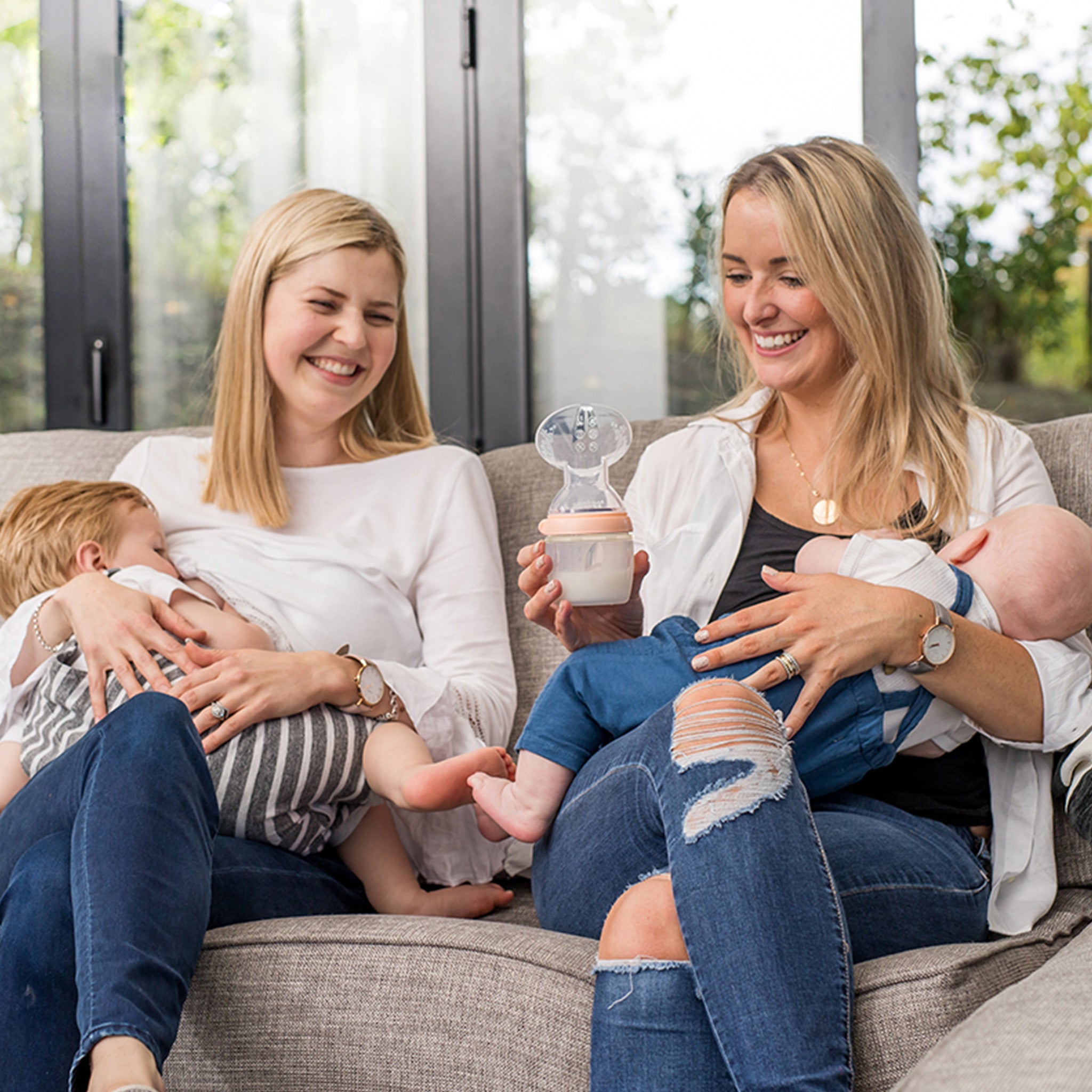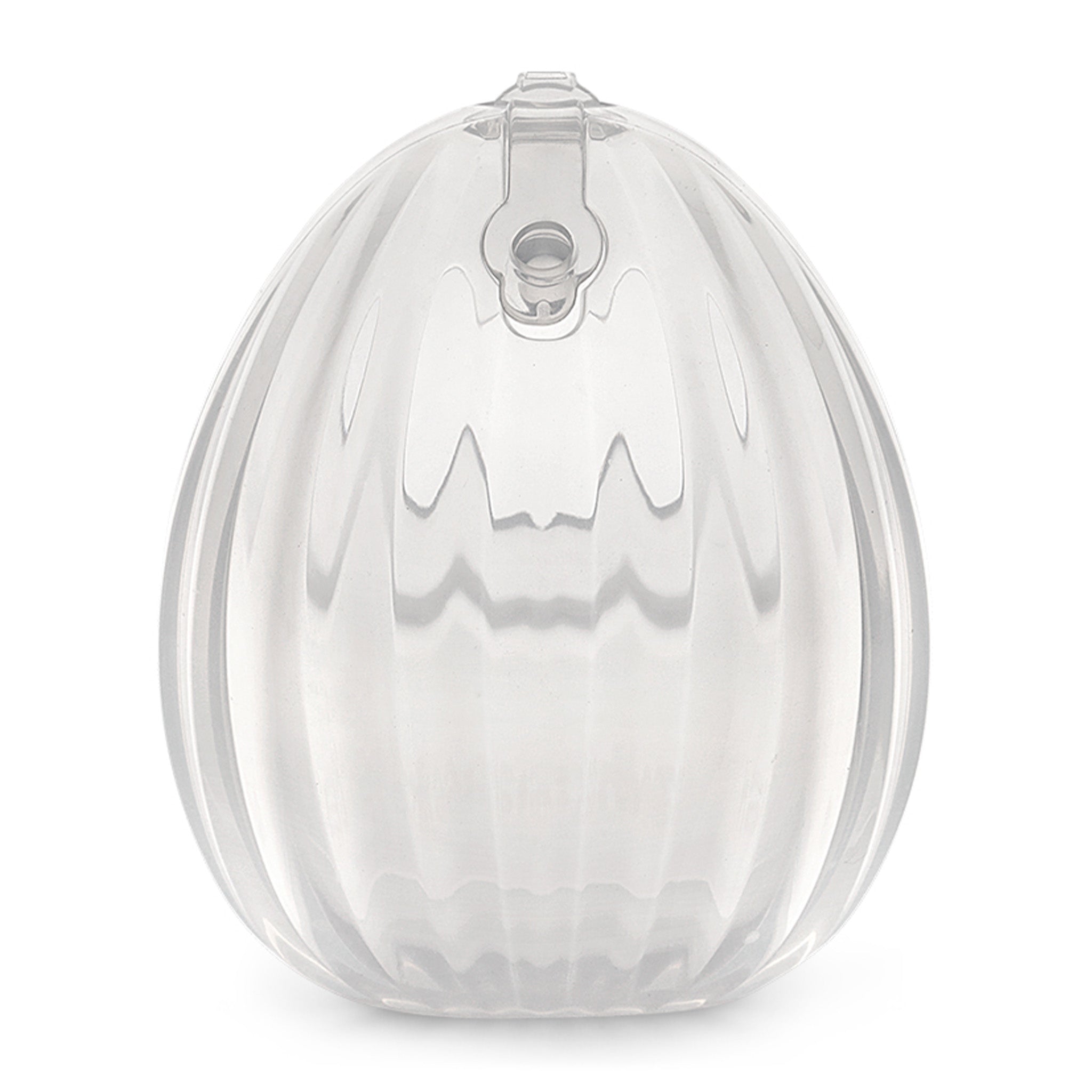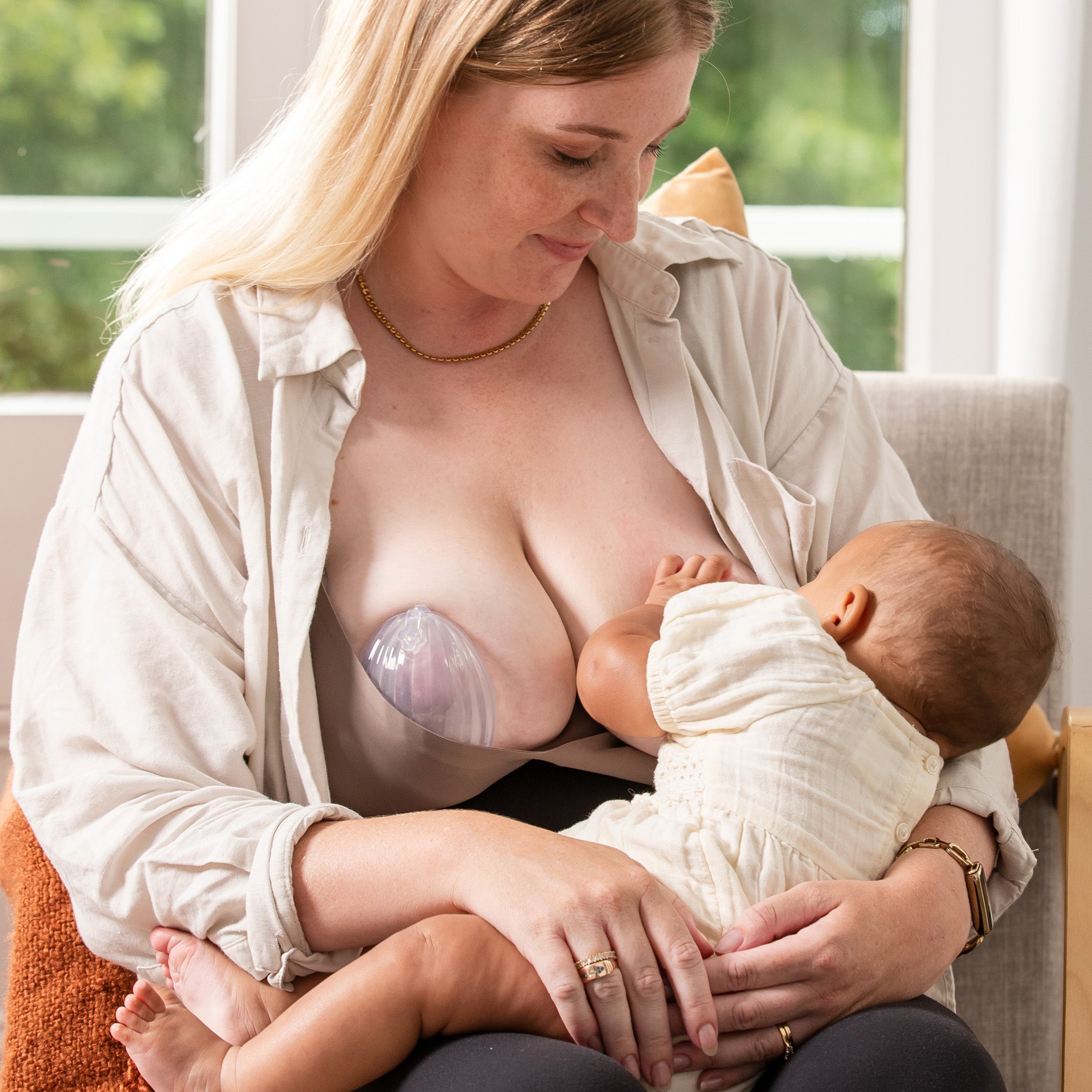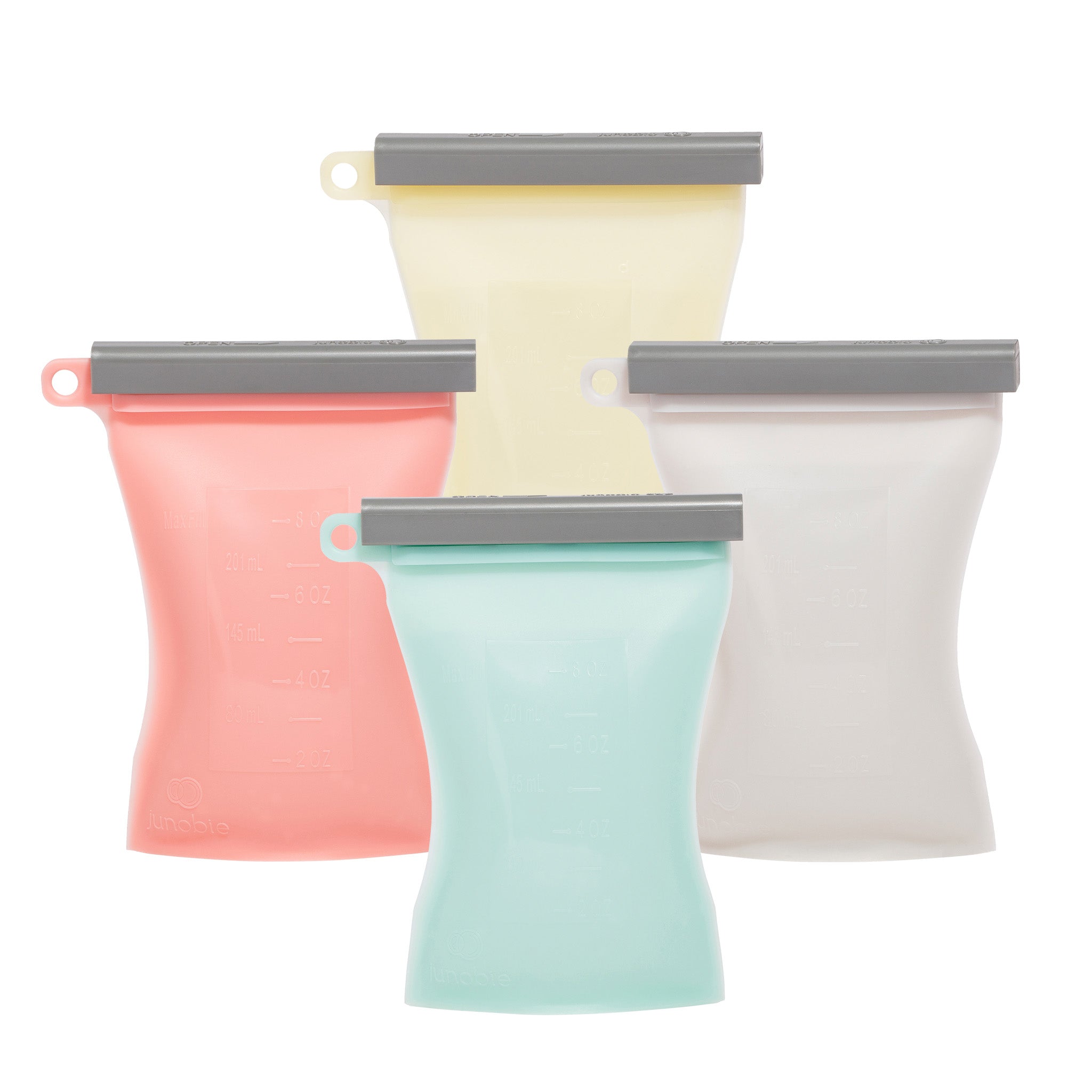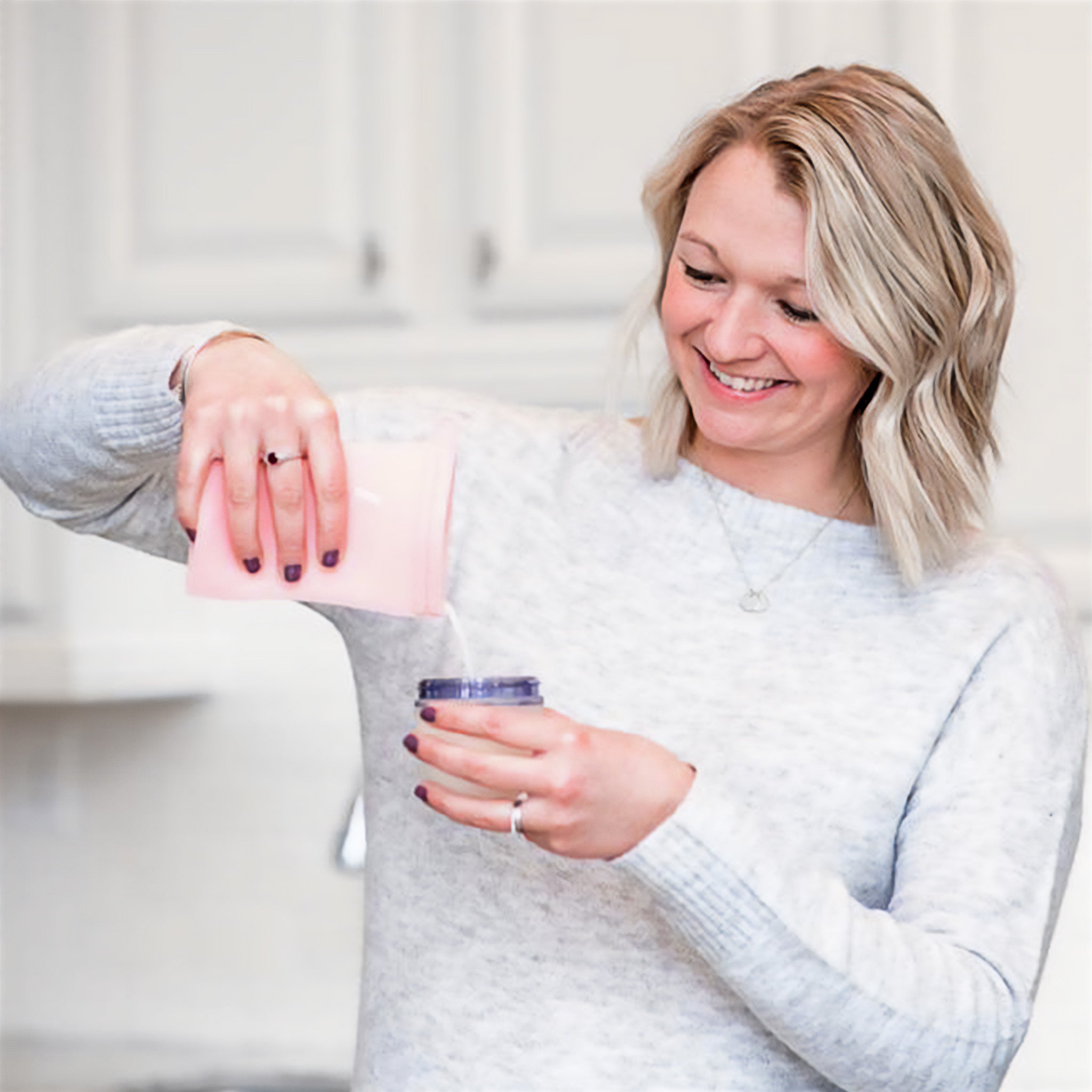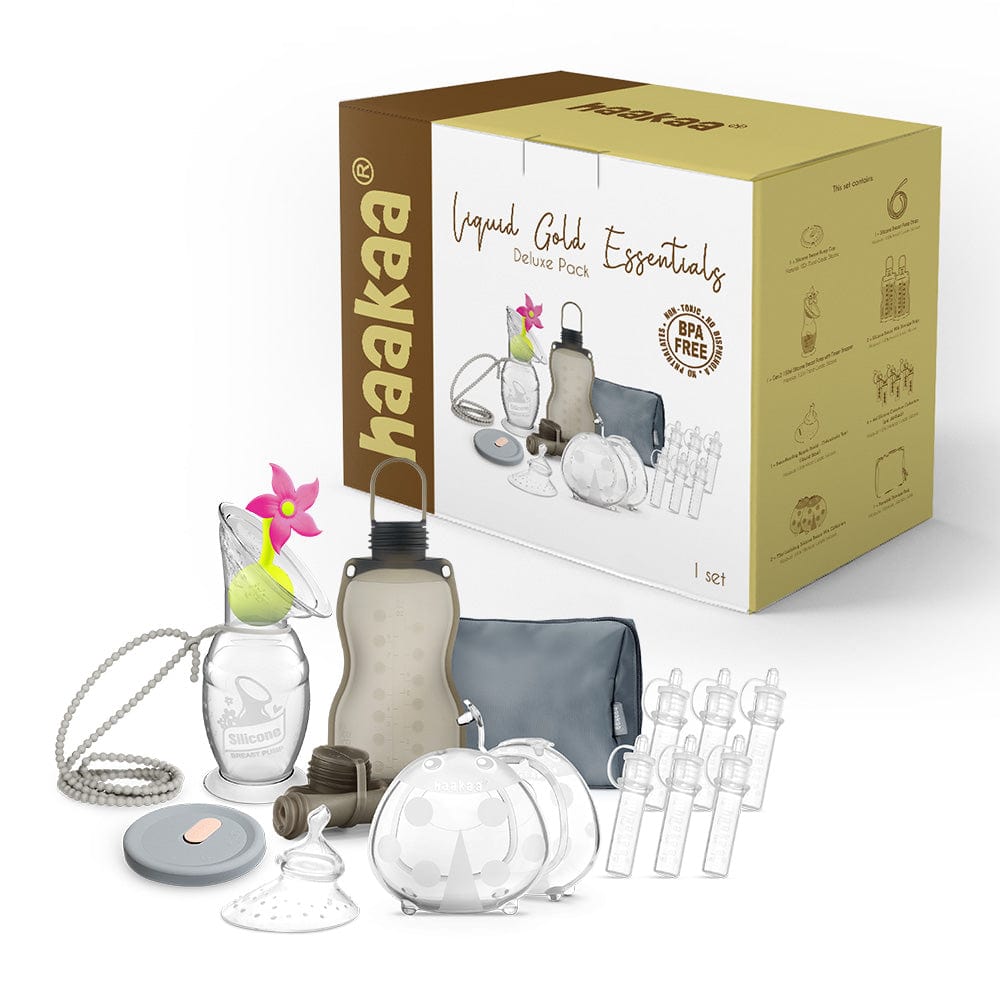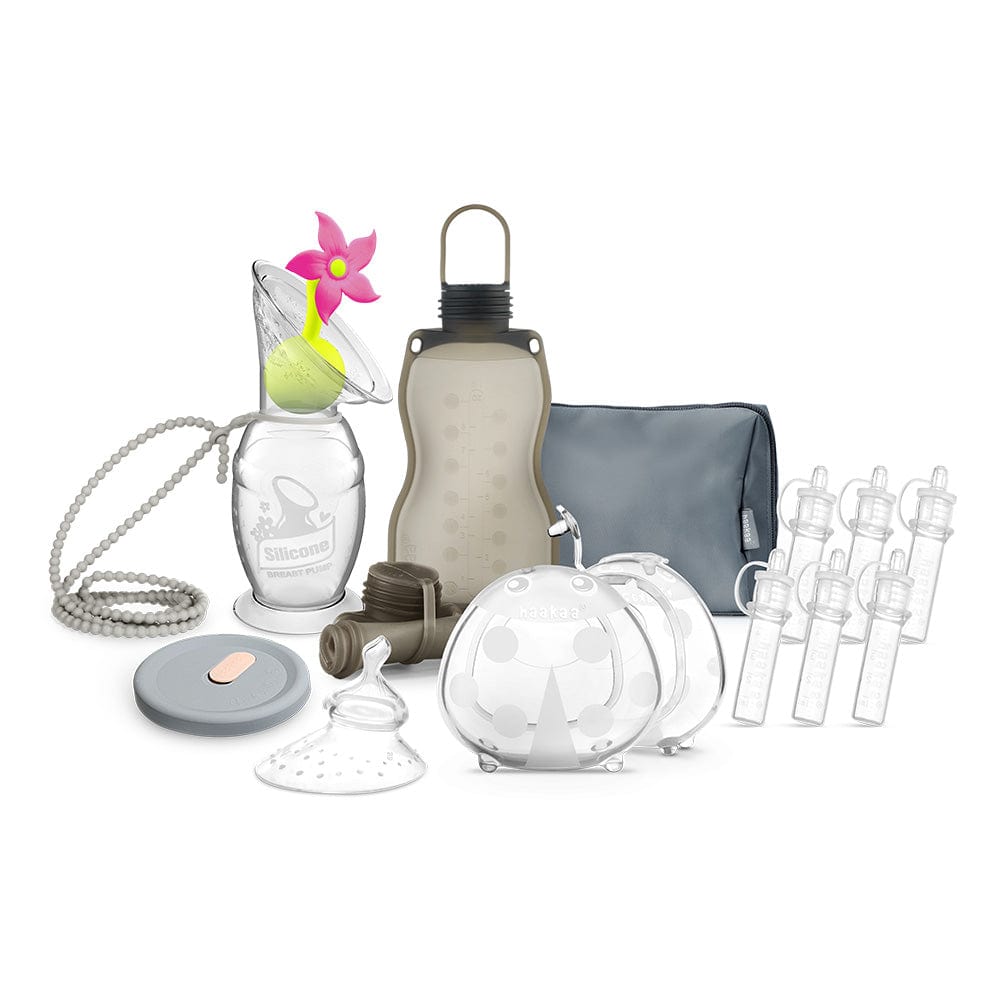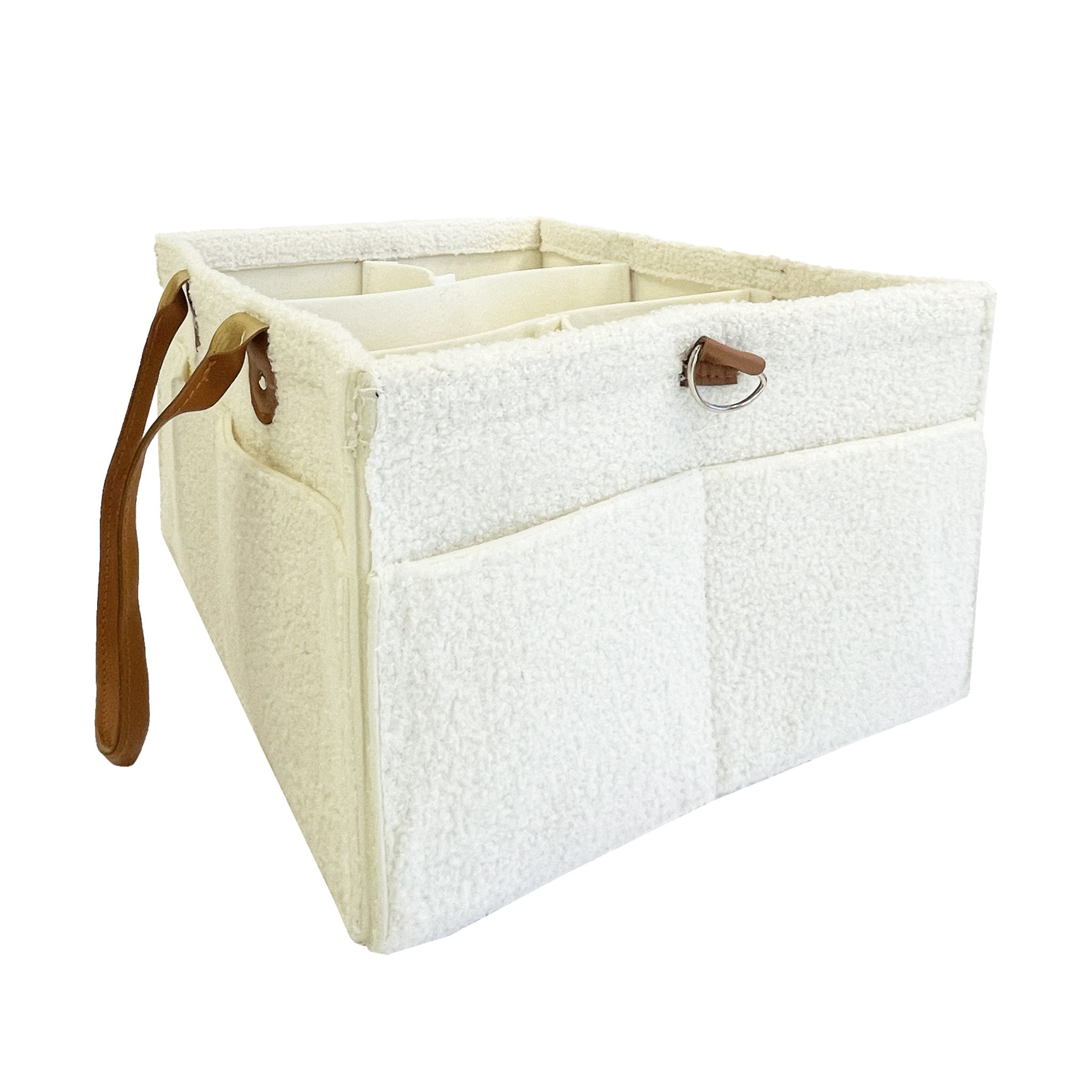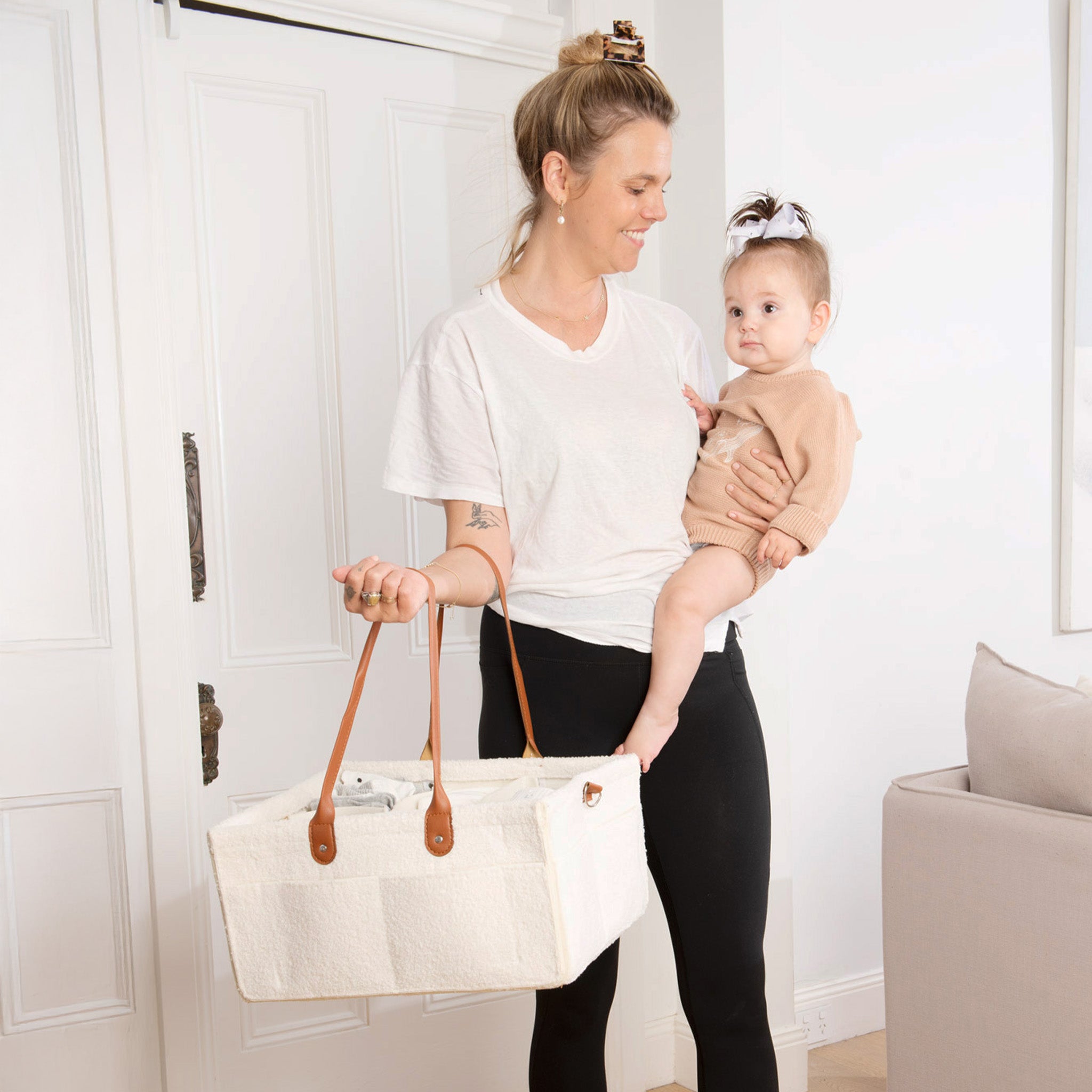Welcome back to our 'Milkbar Mamas' series where we speak to women all over Australia about how breastfeeding unfolded for them because nothing #normalisesbreastfeeding more than writing, speaking and sharing all things boobin' related.
From first time mamas to exclusive pumpers, those battling over and under supply, tongue ties, mastitis and everything in between, we are SO excited to share their words and experiences with you. We hope these stories will inspire, give you some tips for your own breastfeeding experience and help those walking a similar path to feel less alone.
Grace's Story: Breastfeeding, Nursing and The Mother Hood Project
Grace is a Melbourne based nurse and mum of 2 beautiful girls; Maeve who just turned 1 and Audrey who is soon to turn 3. Her background is emergency and triage nursing, but she also works with families in the newborn period through her service The Mother Hood Project.
How would you summarize your breastfeeding / pumping journey so far?
I have been blessed enough to have been able to exclusively breastfeed both girls. With Audrey I thought my nursing knowledge would be sufficient and whilst it was helpful, I probably wasn’t fully prepared. We were off to a bit of a rocky start. (C- section delivery. Limited skin to skin due to her being dressed and wrapped after an initial cuddle in theatre. No initiation of feeding in recovery. Me not realising I should have been asking to feed her. Then her having difficulty latching. She was then too cold and needed to go under a warmer, then visitors came).
Some antenatally expressed colostrum via a syringe, a day and a half of me getting some pretty mixed/crappy advice and finally just my determination, my partners help and going with my gut we got there. Some learning curves with a very fast let down and an oversupply. But we went on to breastfeed together until Audrey was about 21months. At this time I was 7/8 months pregnant and suffering quite bad hyperemesis so supply was next to nothing. But it felt natural and she was happy to stop so that’s all I could of hoped for.
With Maeve I was experienced and armed with all the tools. I was very direct with my wishes of having as much uninterrupted skin to skin on theatre as possible. Which was accommodated. We had a maternally assisted caesarean so I pulled her up straight onto my chest and we were mostly skin to skin for the next 5-6 hours. She attached perfectly within 30 mins of being born and fed like a champ from day 1. It’s been a beautiful breastfeeding experience. Again, the oversupply and letdown were initially hard. But having confidence in myself and her throughout meant we have breezed through these. Every time we hit a roadblock I just going back to basics. 12 months going strong.
What surprised you most about breastfeeding?
- How much I loved it. For me it feels like the most beautiful connection with my girls.
- How foreign it is to some.
- How quickly people are to suggest a bottle or weening whenever hurdles occur.
Has your experience of breastfeeding differed much between your children?
As the breastfeeding mother yes. The self-doubt and constant trouble shooting at the start was the hardest. Second time round I was not only personally experienced but had completed my own breastfeeding courses so was very in the know. I had so much more confidence in trusting my body and listening to her cues, that made all the difference
Did your education and experience as a registered nurse impact your feeding journey at all? Do you feel like you were more prepared than the average mother, or had better knowledge of the support and services available to you?
My experience as a nurse/breastfeeding professional made a huge difference. I set myself up for success by knowing how to take the steps to help me succeed in establishing my breast feeding. Then had the confidence to work through the hurdles that followed over the next 24 months.
I also had the confidence to ask for help and advice but to know when advice was ill suited. The confidence to advocate for myself. It is a shame that this is a big factor to success. (As sometimes very poor advice can be the beginning of the end for some mums). Because we want to trust that professional’s advice as gospel but often sadly it is not.
This is why I think every mother can benefit from some prenatal breastfeeding education as I feel this gives similar benefits.
You are the Founder of The Mother Hood Project - a service that provides support packages for parents in the newborn stage. What influenced you to start the project?
I had always been passionate about working with babies in the emergency setting. And working on a triage line after hours the calls I got from exhausted, overwhelmed unsupported parents were heartbreaking. Through these jobs I had a very good idea of the support available to parents and I could clearly see the gaps in support too. I had completed my masters with a focus on education and was trying to decide the next step in my nursing carer.
I had had my first daughter and decided to undertake breastfeeding education and a sleep and settling course and so I decided I wanted to start my own business to help support parents. In a manner which was holistic and multifaceted (sleep, settling, feeding).
The main philosophy behind my practice is that is it very family centred. Meaning no family has the same needs and so all support and advice is tailored to their individual needs. No advice is given that isn’t asked for. A lot of the time its encouragement and reassurance for what is normal. Helping to quieten the noise of advice. So families can enjoy this precious time.
Are you noticing any changes in the breastfeeding community? For example, antenatal colostrum collection used to only be recommended for certain reasons (such as gestational diabetes) but it is now being increasingly recommended in most medically approved pregnancies.
Yes, the expression of antenatal colostrum is a practice I also encourage. Not only in the situations it is typically recommended (Gestational diabetes etc) but for all women wishing to successfully breastfed. I think it is one of the first steps to successful breastfeeding. Before baby even comes mum is already getting into a breastfeeding mindset. Learning about her breast, becoming comfortable with hand expressing and collecting a supply for her baby.
The main advantage is having the frozen colostrum there if needed which can be used if there are any early hurdles. So that the formula isn’t reached for. Not that there is anything wrong with the use of infant formula BUT for a family really wanting to breastfeed the use of formula will add a layer of complexity to the feeding journey.
The use and normalisation of donor milk is another area I am seeing becoming more utilised. It’s a beautiful community of mothers supporting one and other.
Lastly the normalisation of feeding in the second year and beyond which is so important with the low statistics of feeding into toddlerhood. It was amazing to me how peoples attitudes towards me feeding my first daughter changed after she passed 12 months. So every time we normalise it we help discourage these biases.
As both a mother and a Nurse, what would be your number 1 tip / words of wisdom for other breastfeeding mamas / mamas-to-be?
Before baby- Have some prenatal education about breastfeeding and have you partner do so to as they will be your biggest support.
Establishing- Help establish your breastfeeding with lots of skin to skin, good attachment, and demand feeding (Learn your babies feeding cues and feed often).
Then trust your body and your baby. Our bodies nourish our babies for 9 months we need to try trust them to do so earthside too. When hurdles arise try not to overcomplicate things (nipple shields, pumping, top ups formula etc**) take it back to basics- calm skin to skin, good attachment, and demand feeding. Baby to breast more often. 9 times out of 10 this works.
** there is obviously a place for these items, but I often think they are recommended as a first resort rather than a last.
Lastly- Seek support from those whom are going to support your goals. Those that will give good, supportive up to date advice EG. ABA councillors, LC and ME.
Thank you Grace!
You can find out more about Grace's service The Mother Hood Project here

